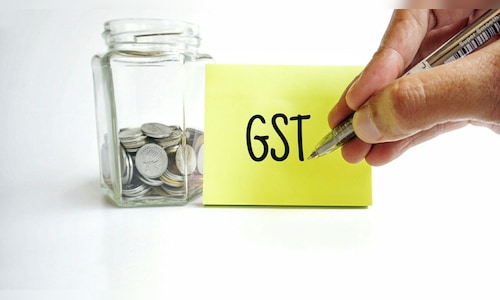The court stated that these extensions—applying to FY 2017–18 to 2019–20—were not legally sound, as they failed to adhere to appropriate legal procedures.
What was the case about?
Under GST regulations, tax authorities are required to finish assessments and issue demand notices within specified timeframes. During the pandemic, the government had issued notifications to extend these deadlines by leveraging Section 168A of the CGST Act, 2017.
However, the court determined that the government exceeded its legal authority in this instance.
Why did the Court reject the extensions?
Justice Mohammed Shaffiq annulled Notification No. 09/2023 and No. 56/2023 for two primary reasons:
- Lack of valid reason for extension: The court noted that there was no legitimate force majeure event (such as a natural calamity or COVID disruption) at the time the extensions were granted. Therefore, the justification was insufficient under Section 168A.
- Absence of GST Council approval: As per legal requirements, such alterations necessitate prior endorsement from the GST Council, which is a constitutional body.
In this case, the government had only consulted the GST Implementation Committee, which lacks the legal authority to sanction such extensions.
What happens to affected taxpayers?
The case was initiated by a company that faced a ₹1,019 crore GST demand based on the extended timelines.
Following the court’s determination that the notifications were invalid, it annulled the tax demand and directed a fresh assessment process.
Affected taxpayers will now have eight weeks to reply to new show cause notices, if they are issued.
Abhishek A Rastogi, a Tax and Constitutional Expert, remarked, “This judgment emphasizes that delegated legislation cannot exceed statutory constraints. The differentiation made by the High Court between exclusion and extension sets an important precedent for the narrow interpretation of taxing statutes to safeguard taxpayer rights.”
His firm, Rastogi Chambers, is managing similar cases in Delhi, Bombay, and the J&K High Courts.
Why this matters?
This ruling underscores the necessity for strict adherence to tax regulations and timelines, asserting that the government cannot amend them without following due legal processes. It also affirms that taxpayers possess the right to contest unjust assessments that stem from flawed procedures.
First Published: Jun 12, 2025 2:45 PM IST



